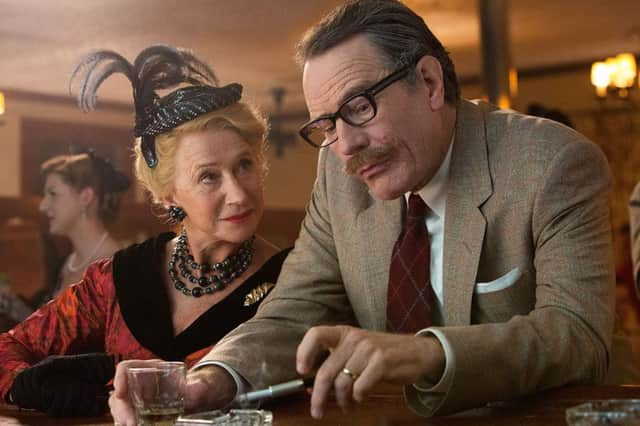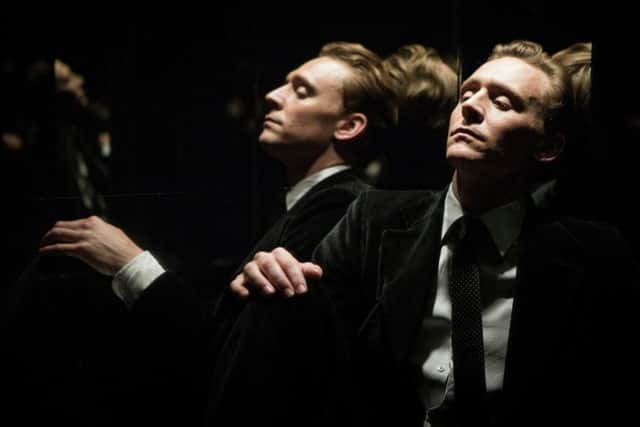London Film Festival reviews: Trumbo | High-Rise


Though this real-life drama made the premiere more of an event than the film itself, Trumbo (* * * *), another of the festival’s gala films, proved more successful at exploring radical politics and oppression in engaging and entertaining ways. A biopic of blacklisted screenwriter Dalton Trumbo (played by Breaking Bad’s Bryan Cranston), the film zeroes in on the most prominent and successful of the ten Hollywood screenwriters jailed for their political beliefs during the Communist witch-hunts that plagued American life from the late 1940s onwards.
Trumbo’s is an incredible story, not least because he won two Oscars pseudonymously (for Roman Holiday and The Brave One) while his industry was shunning him. As such there’s a pleasing air of right triumphing over might in the film. And yet this is not some hagiographic celebration of Trumbo’s fight against the life-wrecking Cold War paranoia sweeping the nation. Instead it’s a complex portrait of the damage this shameful period in Hollywood history wrought upon all those touched by it.
Advertisement
Hide AdDirected by Jay Roach (hitherto best known for the Austin Powers and Meet the Parents movies), the film also has a lightness of touch that’s very much in keeping with Trumbo’s own remarkable ability to craft solid entertainment from dense material. But it’s really Cranston’s film and his ability to convey the passions and contradictions that drove Trumbo to risk everything means the film, unlike a lot of mainstream biopics, doesn’t have to spell everything out for us.


Spelling things out is not something High-Rise (* * *) could be accused of either. Sightseers director Ben Wheatley’s adaptation of JG Ballard’s 1975 Thatcherism-anticipating dystopian satire is incredibly stylish and sometimes admirably chaotic, but it’s also messy and confusing in ways that don’t always suggest Wheatley is in full control of the story.
Set in a tower-block in which the residents’ social class determines what floor of the building they get to live on, the film stars Tom Hiddleston as a debonair and upwardly mobile doctor whose ability to shift between the different social strata becomes an inadvertent survival tool as civil war breaks out between the building’s bacchanalian upper echelons and its hungry-for-advancement lower orders.
Wheatley has retained Ballard’s period futurism (it looks like a movie made in the 1970s) – but to what end is another question.
The film has been in development for the best part of a decade already and there’s a sense that whatever import it might once have had has curdled en route to landing in Wheatley’s lap. It’s a macabre and delirious film in many ways, but perhaps not quite the step-up in scale that Ben Wheatley’s impressive career has been promising.